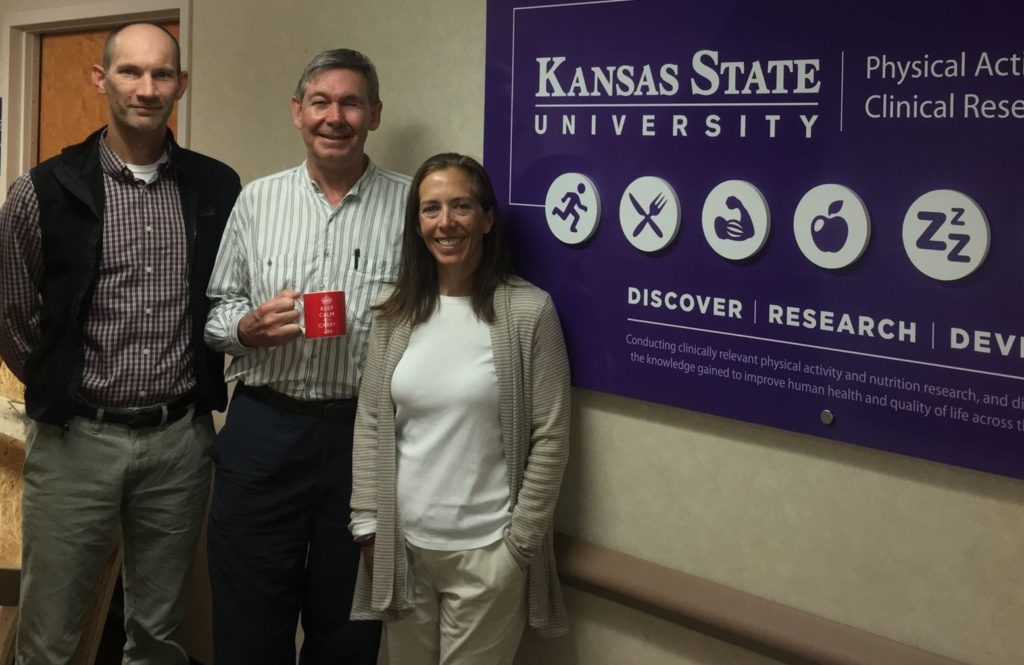
Flinders Digital Health Research Centre will host Global Telehealth 2019 at Tonsley this July, in a one-day symposium aimed at sharing information and establishing common themes to expand the success of technology in changing health behaviours.
Understanding and modifying health behaviours is a significant area for health care innovation, with research growing around the world in IT-based methods for monitoring health behaviours and delivering change interventions remotely.
The event will draw on recent case studies and evaluations of successful technology-based projects.
A key presenter will be Professor Ric Rosenkranz from Kansas State University who is visiting Flinders University during June and July and will deliver a keynote on the science of health behaviour change.
Professor Rosenkranz focuses on research into public health, particularly childhood obesity and healthy eating and lifestyles and the influence on preventing chronic disease.
His engagement with Flinders stems from his working relationship with Professor Anthony Maeder, Strategic Research Professor of Digital Health Systems and Co-Director of the Flinders Digital Health Research Centre, who visited Kansas State University as a Fulbright Distinguished Professor in 2015 and learned from Professor Rosenkranz’s solid systems view of engaging behavioural change.
To commence his visit to South Australia, Professor Rosenkranz will present a public lecture on Wednesday 19 June at Flinders at Victoria Square about ‘Being “well behaved”: The science of health behaviour change’. He will also provide valuable teaching and guidance to local researchers by conducting a series of masterclass workshops on the theory, habit forming and evidence on behaviour change in health.
For Global Telehealth 2019, a second keynote address will be delivered by Professor Corneel Vandelanotte, who leads the Physical Activity Research Group at the Central Queensland University and is lead researcher of the internationally renowned 10,000 Steps Project. His research is focused on developing and evaluating computer and smart device-based physical activity interventions.
Abstracts for the symposium are invited until 10 June 2019, with topics expected to cover physical activity, nutrition, sleep and mental health across a range of demographics, together with the psychology and philosophies around behaviour change.
A multidisciplinary research entity, Flinders Digital Health Research Centre is central to Flinders University’s expansion into health technology. It aims to provide expertise, innovation and leadership in digital health systems and technologies research and foster university-industry relationships to further digital health innovation and commercialisation.


